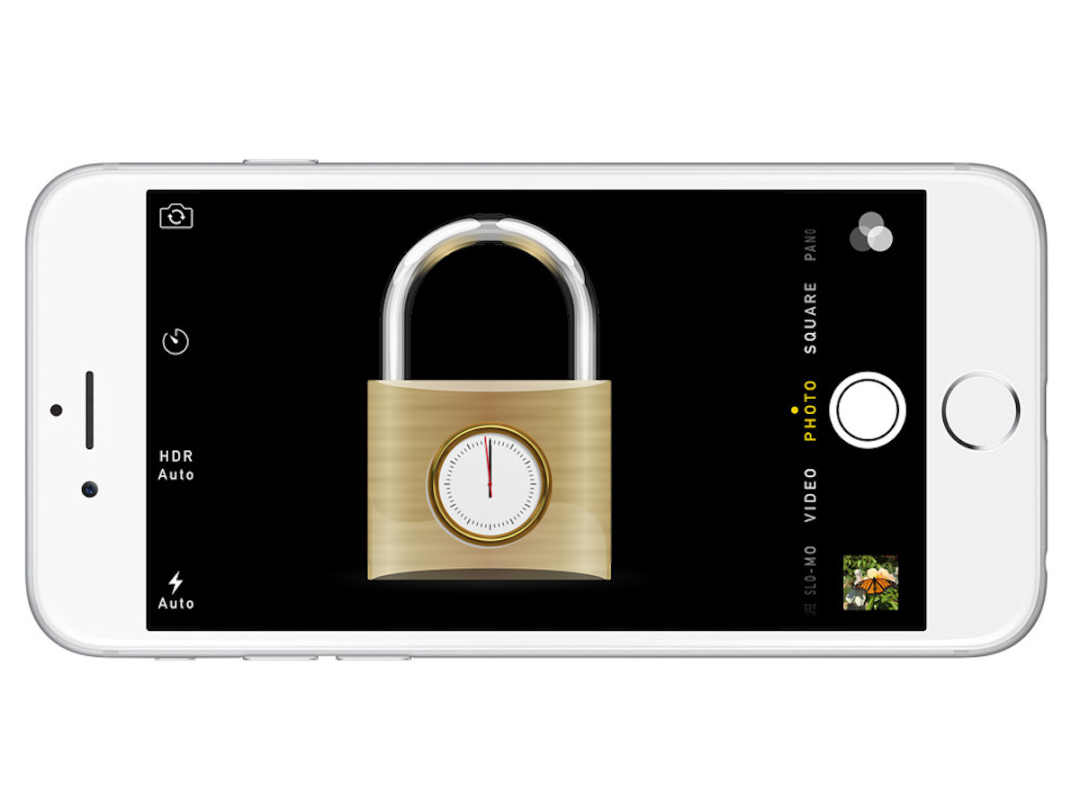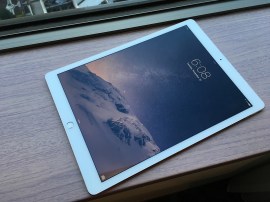Apple wins legal battle over locked iPhone – and it could spell trouble for the FBI
While a different showdown, the similarities might help Apple prevail elsewhere

In recent weeks, Apple has been in the headlines not for its latest devices – although there are plenty of rumours in that department – but for rebuffing a request from the U.S. Federal Bureau of Investigations to access a locked iPhone 5c.
Essentially, the FBI wants Apple to create backdoor access to iOS to unlock the phone of a man who (alongside his wife) killed 15 people in a December shooting rampage in San Bernardino, California. However, Apple sees it as too slippery a slope, with such a maneuver leading to surely more government requests to violate users’ privacy, not to mention offering an avenue for hackers to potentially take advantage.
So Apple said no and has taken its case to the court of public opinion, although an actual court showdown over the matter will come on 22 March. But now Apple has a bit of extra ammunition to help its legal battle over San Bernardino: a new ruling over a very similar request elsewhere in the country, which could set a precedent for the California courts to follow.
Yesterday, Magistrate Judge James Orenstein of the Eastern District of New York ruled that a United States government request for Apple to unlock the iPhone of an alleged drug dealer was not legal. He specifically said that the government was improperly trying to cite the 227-year-old All Writs Act to try and fill holes in other existing legislation.
The FBI’s legal request in the San Bernardino case takes a similar approach, which is why yesterday’s victory could prove to be a much wider win for Apple. "If the California court has the same interpretation, then [Apple] will not be forced to aid in unlocking the iPhone," said data privacy and security attorney Greg Boyd to Wired.
Apple’s stance may be controversial with many people, even if top tech companies have affirmed support, but Orenstein’s ruling could provide the basis for a victory in California, as well. We’ll find out more later this month as the next courtroom battle nears.



